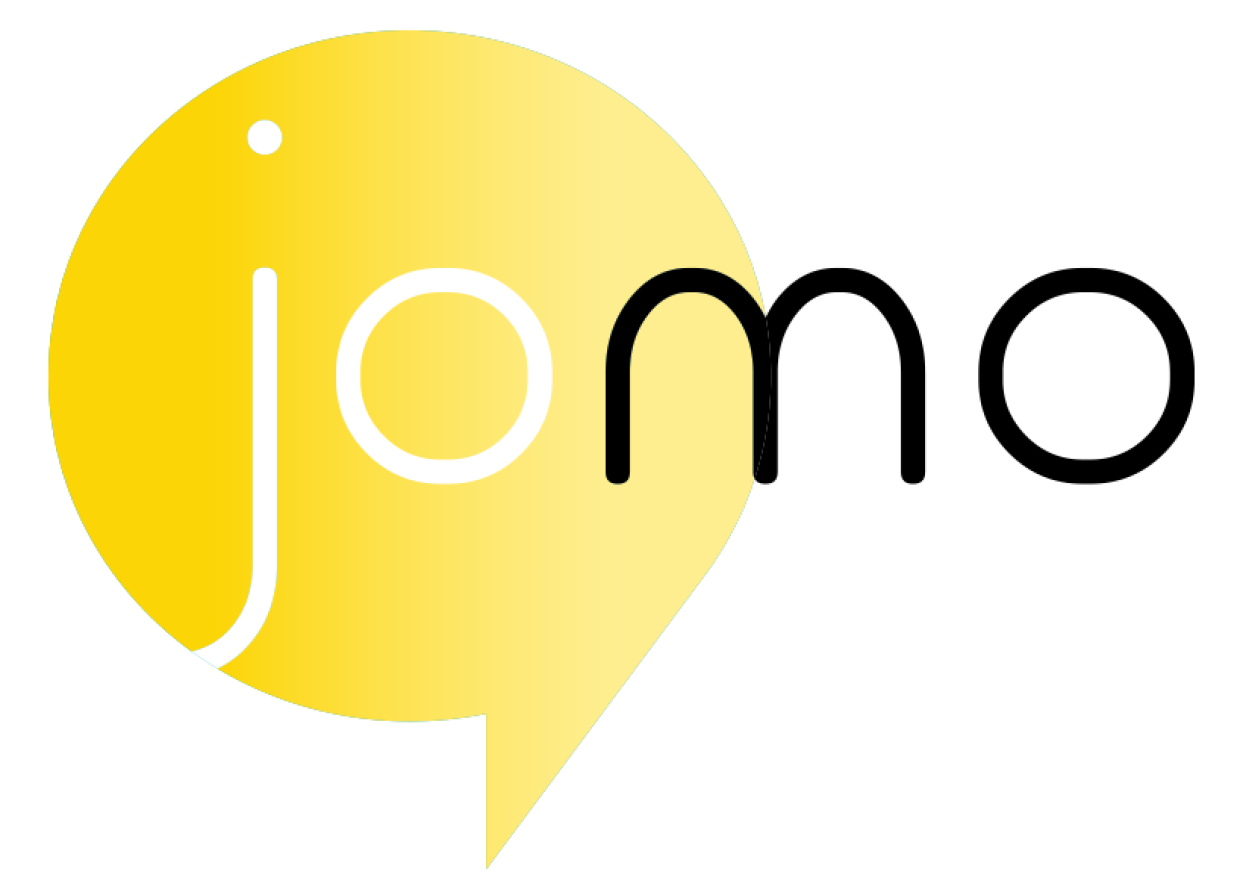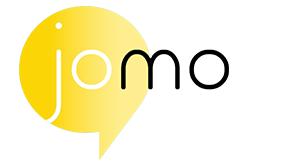Championing neurodiversity in your recruitment process involves creating an inclusive environment where candidates with different neurological profiles can thrive.
What does “neurodivergent” mean?
Neurodivergent is an umbrella term that includes conditions such as ASC (autism spectrum condition), ADHD, DCDs (developmental coordination disorders), and mental health conditions such as OCD and depression. According to ADHD Aware, up to 15% of the population is thought to be neurodiverse. So how can you accommodate neurodiverse candidates?
Your job postings
Someone who faces any degree of neurodivergence may struggle to stay focused during the job search. For example, a candidate with ADHD could find long periods of reading or researching job opportunities difficult. This can lead to procrastination and difficulty following through on job applications.
To accommodate this, you could:
Cut the waffle out
We have all seen job postings that are over a page long, which will be an instant no for most candidates. Include only key information, such as the expected responsibilities, key requirements, location, and a short summary of your company.
Be inclusive
The language used in job postings can discourage neurodiverse candidates from applying. If your candidate is dyslexic, they may have difficulty with reading comprehension. Overly complex or technical jargon isn’t needed. Use clear and straightforward language and focus on the specific qualifications and skills you would like to see in your ideal candidate.
The interview process
The interview process can be overwhelming for people with autism, as it requires sustained attention, organisation, and social skills. They could struggle with responding to interview questions in a clear and concise manner or can become easily distracted during the interview. Incorporate the below to help:
Train your hiring team on neurodiversity
Educate your recruiters and hiring managers on what neurodiversity is and how it can positively impact the workplace. This training should cover topics such as the strengths of different neurological profiles, how to recognise and accommodate different needs, and how to avoid bias in the hiring process.
Let’s make things clear
Interviews are a nerve-racking experience for anyone, but if your candidate struggles with anxiety, then the experience can have a much bigger impact on their mental health. To make the process as easy as possible, be upfront about what your candidates can expect. Providing them with clear and detailed instructions about the interview process, including the structure, time, and location, can help reduce any pre-interview worries.
Adding additional information like who the interviewers will be and what key topics will be discussed is another good way to help candidates with anxiety feel more at ease.
Break away from tradition
Neurodiverse candidates may have unique strengths and abilities, such as creativity, problem-solving skills, and hyperfocus. However, they may struggle to communicate these strengths effectively to potential employers.
To tackle this, consider alternative interview formats. Traditional interviews may not be the best way to assess the skills of neurodiverse candidates. For example, a candidate with Tourette’s could benefit from a skills-based test rather than an in-person interview. You could consider work samples or video interviews too. These alternative formats can help candidates demonstrate their skills and competencies rather than try to convey them verbally.

Accommodate individuals
Provide reasonable accommodations during the recruitment process, considering the individual’s needs. A candidate with autism may struggle with sensory overload, so they could benefit from a quiet interview room with only one interviewer and additional time to respond. Written communication may be their preferred way to talk to you, so be open to having this as an option in the interview stage.
Patience is key
It’s important to remember that neurodiverse people, such as those with ADHD, may struggle with organisation, memory, and attention. Be patient and understanding if the candidate needs to ask you to repeat a question or clarify something. Give them time to gather their thoughts and answer the questions in their own way.
The onboarding process
Now that you have found the perfect fit for your role, you must consider how to best accommodate your new hire in the onboarding process. This can look like:
Keep it structured
Neurodiverse candidates may struggle with ambiguity or uncertainty. Providing clear and detailed instructions can help them feel more comfortable and confident as they navigate their new role. You can do this by creating a structured onboarding process that includes clear timelines, checkpoints, and goals so your new employee can better manage their time and energy.
Ongoing support
Once you have hired neurodiverse employees, it is important to foster equity in your workplace culture by giving your new hires the tools they need to succeed alongside your existing employees. This can include providing ongoing training for managers and colleagues on how to support neurodiverse employees or offering mentoring or coaching programmes.
Regular catch-ups
Check-in with your new hire regularly to see how they are adjusting to the job and the workplace culture. Regular check-ins can help identify any challenges early on and provide an opportunity to offer additional support if needed.
Flexible working
Create flexible work arrangements that best suit them. For example, if your new hire finds the morning commute overstimulating, let them start earlier or later to avoid the morning and evening rush hours.
Let’s recap
By understanding these challenges, your business can take steps to make the job search and hiring process more accessible and accommodating for neurodiverse candidates. This can include providing clear instructions and materials, offering accommodations during the interview, and focusing on their unique strengths and abilities during the hiring process.
The Jomo Effect
We are committed to providing equal opportunities for all candidates, including those with neurological differences. We understand that a diverse and inclusive workforce is crucial for success, and we are dedicated to supporting candidates throughout the recruitment process.
Are you in need of the Jomo Effect? We partner with you to find the talent you need to help your business thrive. See more about how we work here: http://bit.ly/3YyLFwN
Interested in what we do? Get in touch with us today!
📱 02922 527 873
📧 hello@jomopeople.co.uk


